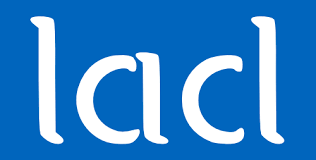March 29, 2021
Nicolas Behr (Université de Paris, CNRS, IRIF)The biochemistry platform Kappa (https://kappalanguage.org) offers high-performance simulation and static analysis algorithms for complex and real-life scale biochemical reaction systems. At the core of the system, a form of rewriting theory (of so-called site graphs) provides the semantics based upon which the notion of biochemical reactions is implemented.
In this talk, I will present recent original developments that investigate further the mathematical properties of the Kappa rewriting language. I will demonstrate that Kappa constitutes a typical example of a so-called restricted rewriting theory. Objects from some ambient category of graph-like structures are subjected to certain structural constraints to identify patterns (i.e., observable sub-structures) and fully specified biomolecules.
One of the core advantages of this new approach to rewriting theory in the life sciences consists of the compositional associativity properties carried by such restricted rewriting theories, which permits extending the static analysis toolkit to cover a class of pattern-counting observable moment evolution equations. Concretely, while state-spaces for realistic biochemical systems are typically prohibitively complex, it is envisioned that the study of the evolution of pattern-counts (i.e., roughly of functional groups) might prove a fruitful avenue to gain insights into the high-level behaviors of such systems.
Finally, time permitting, I will briefly sketch the latest stage of this development, namely the first-of-its-kind fully specified rewriting semantics for organo-chemical reaction systems.
The talk is based upon joint work with J. Krivine (IRIF), J.L. Andersen and D. Merkle (U Odense).
